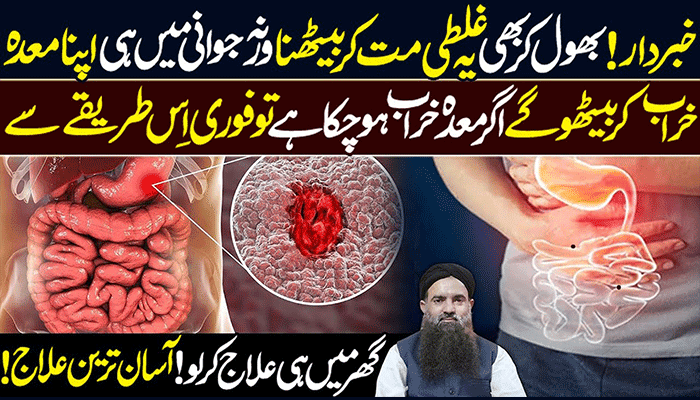Introduction
Digestive disorders encompass a wide range of conditions that affect the gastrointestinal tract, leading to symptoms such as stomach problems and bloating. Understanding the causes and treatment options for digestive disorders is essential for managing symptoms and improving overall digestive health.
Understanding Stomach Problems and Bloating
1. Causes of Stomach Problems
Stomach problems can be caused by various factors, including dietary choices, food intolerances, bacterial infections, medications, stress, and underlying medical conditions such as gastritis, gastroesophageal reflux disease (GERD), irritable bowel syndrome (IBS), or inflammatory bowel disease (IBD).
2. Causes of Bloating
Bloating occurs when excess gas accumulates in the digestive system, leading to abdominal discomfort, distension, and feelings of fullness. Common causes of bloating include swallowing air while eating or drinking, eating gas-producing foods, digestive disorders such as IBS or SIBO (small intestinal bacterial overgrowth), and constipation.
Treatment Options for Stomach Problems and Bloating
1. Dietary Modifications
Making dietary changes can help alleviate stomach problems and bloating. Avoiding trigger foods such as carbonated beverages, cruciferous vegetables, beans, dairy products, and artificial sweeteners can reduce gas production and bloating. Eating smaller, more frequent meals and chewing food slowly can also aid digestion and prevent bloating.
2. Probiotics
Probiotics are beneficial bacteria that support digestive health by maintaining a balanced gut microbiota. Consuming probiotic-rich foods such as yogurt, kefir, sauerkraut, and kimchi or taking probiotic supplements can help restore gut flora and alleviate symptoms of digestive disorders such as bloating, gas, and diarrhea.
3. Digestive Enzymes
Digestive enzyme supplements can aid digestion and alleviate symptoms of stomach problems such as bloating, gas, and indigestion. Enzymes such as amylase, lipase, and protease help break down carbohydrates, fats, and proteins, respectively, improving nutrient absorption and reducing gastrointestinal discomfort.
4. Fiber Supplements
Fiber supplements such as psyllium husk or methylcellulose can help alleviate constipation and promote regular bowel movements, reducing bloating and abdominal discomfort. It’s essential to drink plenty of water when taking fiber supplements to prevent dehydration and maintain bowel regularity.
5. Medications
Over-the-counter or prescription medications may be recommended to manage symptoms of digestive disorders such as acid reflux, gastritis, or IBS. Antacids, proton pump inhibitors (PPIs), H2 receptor blockers, antispasmodics, and anti-diarrheal medications can help alleviate symptoms and improve quality of life for individuals with digestive disorders.
Lifestyle Modifications
1. Stress Management
Stress can exacerbate symptoms of digestive disorders such as stomach problems and bloating. Practicing stress-reduction techniques such as deep breathing, meditation, yoga, or mindfulness can help relax the body and mind, reducing gastrointestinal symptoms and promoting overall well-being.
2. Regular Exercise
Regular physical activity stimulates digestion, promotes bowel regularity, and reduces stress, making it beneficial for individuals with digestive disorders. Engage in moderate exercise such as walking, jogging, cycling, or swimming for at least 30 minutes most days of the week to support digestive health.
Conclusion
Stomach problems and bloating are common symptoms of digestive disorders that can significantly impact quality of life. By understanding the causes and treatment options for these digestive issues, individuals can take proactive steps to manage symptoms, improve digestive health, and enhance overall well-being.







